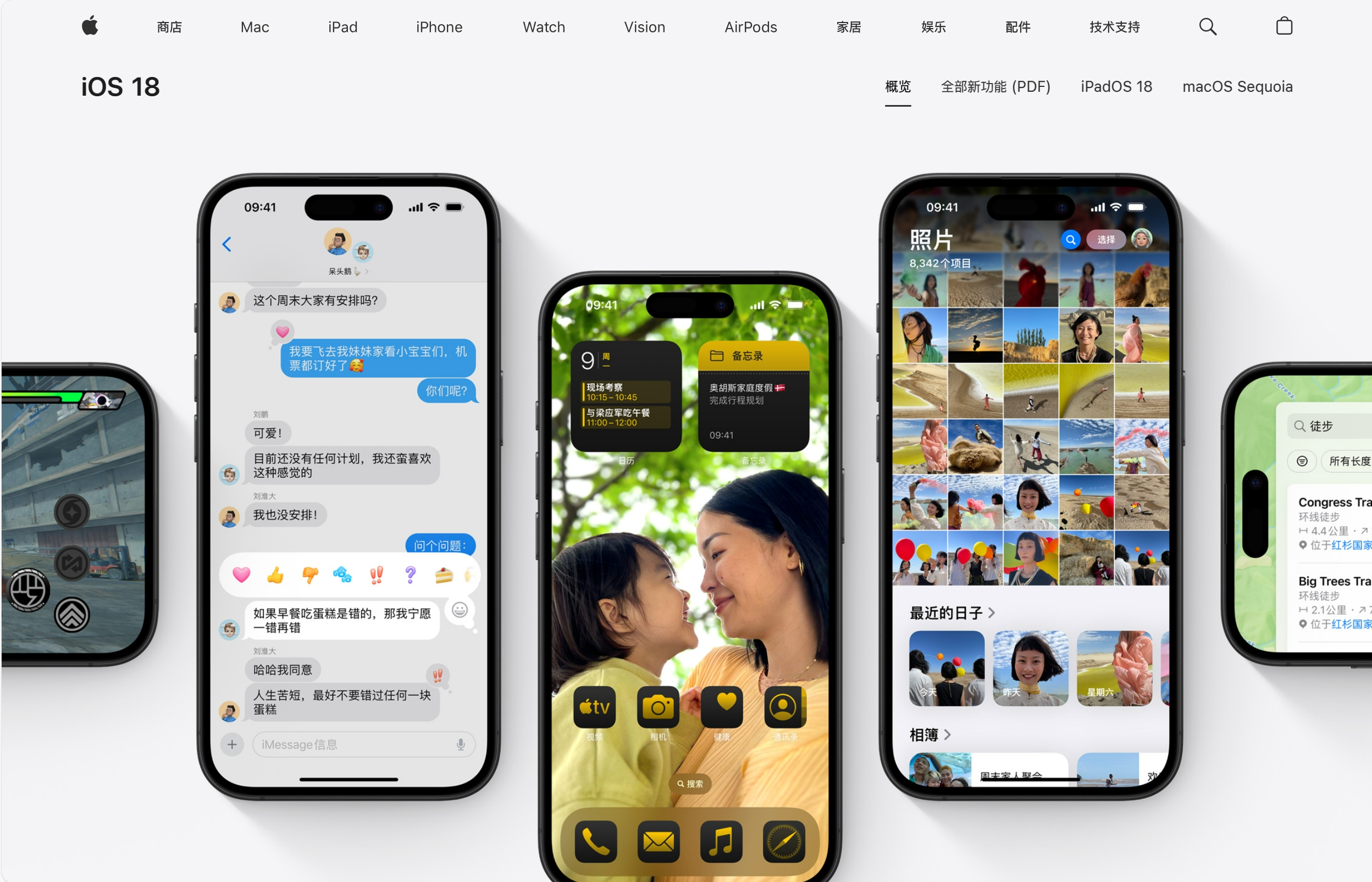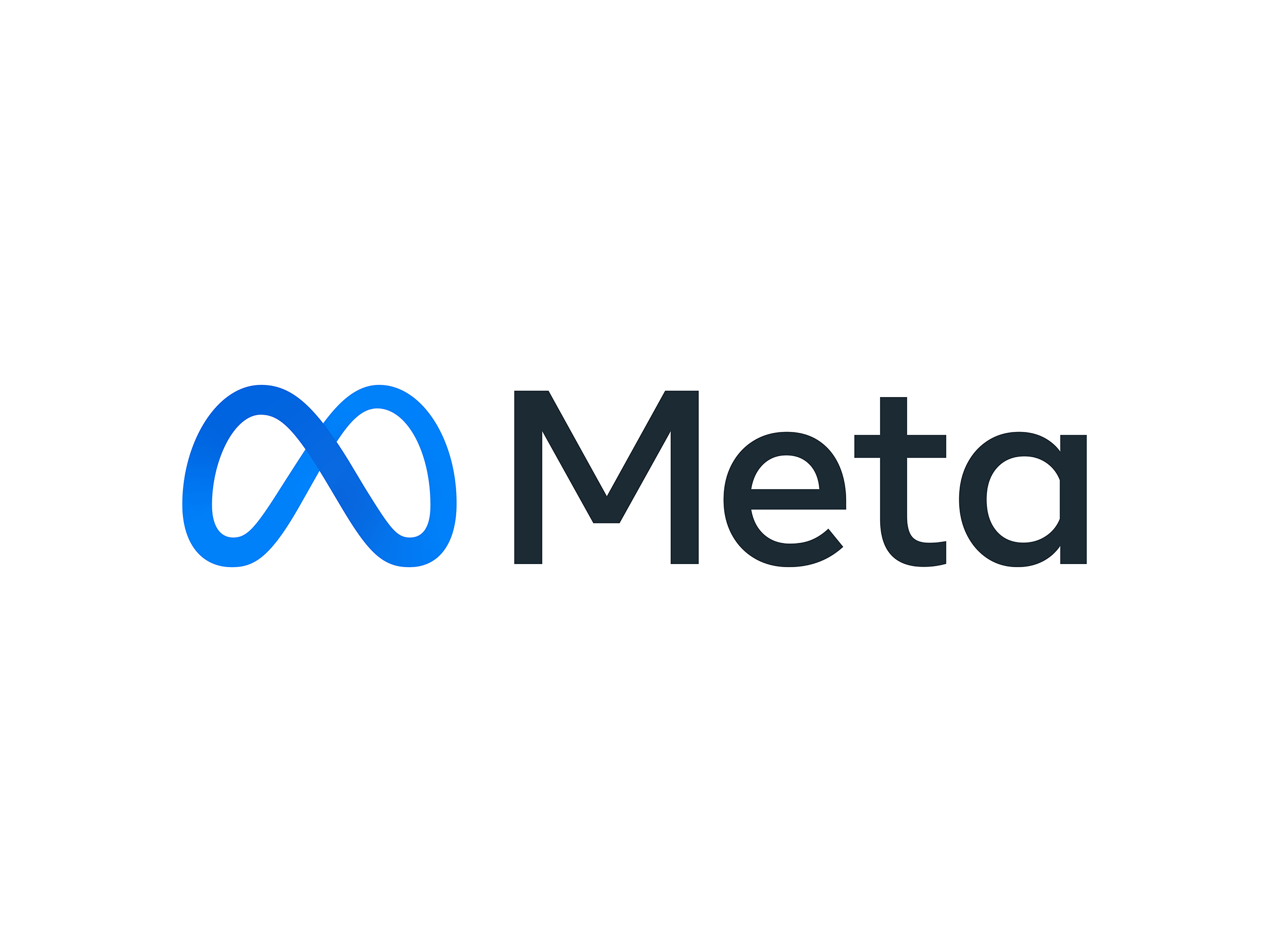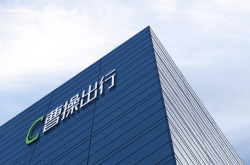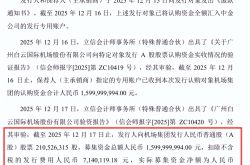Is the iOS Ecosystem Poised for Transformation? The EU Pressures Apple to Embrace Openness!
![]() 12/20 2024
12/20 2024
![]() 457
457
Ecosystem openness is undeniably the future trajectory.
In the digital age, the openness of smartphone operating systems has emerged as a pivotal concern for global regulators. Recently, the European Union (EU) has intensified its pressure on Apple to open up core functionalities of its iOS operating system.
Specifically, the EU's demands include Apple making a range of iOS core features accessible to third-party developers, such as the notification system, AirPlay screen mirroring, and AirDrop file transfer. By opening these functionalities, third-party devices would seamlessly integrate into the iOS ecosystem, enriching users' smart experiences. The EU believes this measure will disrupt Apple's monopoly in the smart device market, fostering innovation and industry-wide growth.
However, Apple harbors reservations about these requirements. The company fears that full openness could jeopardize user privacy and security. For instance, apps owned by Meta might exploit these interfaces to access sensitive information like users' messages, emails, and call logs, posing a severe threat to personal privacy. Apple also notes that Meta has submitted up to 15 interoperability requests, significantly outnumbering those from other companies.

Image source: Apple official website
As the global technology industry surges ahead, regulatory scrutiny of tech giants intensifies. Historically, these companies leveraged technological and market dominance, sometimes fostering monopolies. For users, this hindered seamless experiences, like sharing files across brands or ecosystems, and created barriers to device interoperability.
Thus, the EU's push for Apple to open iOS core functions aims to foster a more open ecosystem, dismantling barriers between tech giants. Should the EU determine Apple isn't adhering to interoperability standards, it may initiate an investigation next year, potentially fining Apple up to 10% of its global annual turnover.

Image source: Meta
The trend toward greater interoperability among tech giants is unmistakable. Domestically, major apps have gradually lifted link-blocking measures, allowing seamless sharing, as seen in WeChat opening Taobao and Douyin links. This year, Taobao integrated WeChat Pay, and JD.com opened Alipay to more users, expanding accessibility.
In conclusion, closed systems and monopolies are no longer viable in today's world. Openness and competition fuel technological innovation and progress. By opening more interfaces and functionalities, tech giants can better serve users. Lei Technology anticipates more vendors embracing openness, jointly advancing industry development.
Cover image source: Apple
Source: Lei Technology






